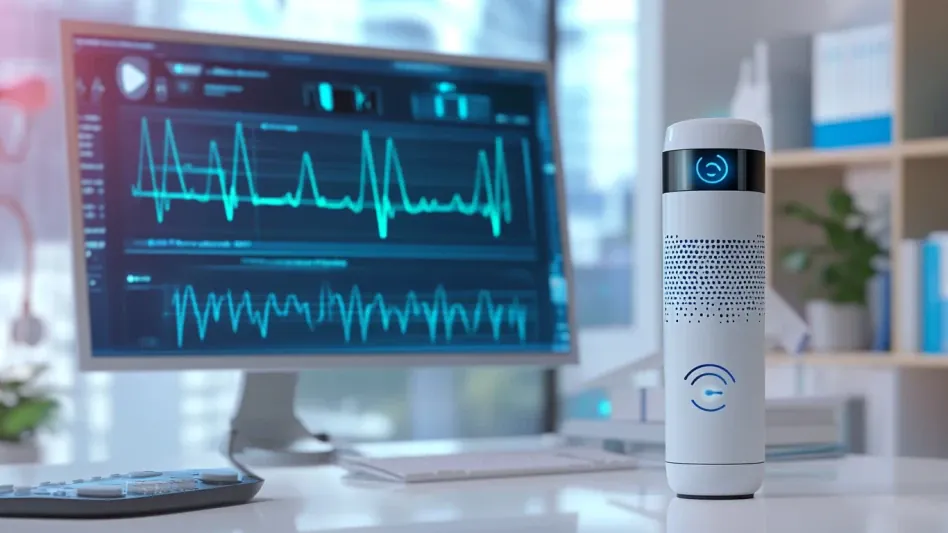The high demand for healthcare services has placed an immense strain on the sector’s workers, with administrative tasks frequently draining valuable time from patient care. To address these challenges, Microsoft has introduced Dragon Copilot, the first AI voice assistant specifically designed to assist healthcare workers by alleviating administrative burdens that often contribute to employee burnout. This innovative solution combines Microsoft’s well-established Dragon Medical One dictation with its DAX Copilot ambient listening technology, aiming to streamline several routine tasks that are both time-consuming and prone to errors.
Transforming Administrative Tasks
Dragon Copilot is tailored to efficiently convert clinician-patient conversations into detailed clinical notes, significantly reducing the time healthcare professionals spend on documentation. This AI-powered assistant not only transcribes conversations in real time but also assists in searching certified medical information, ensuring that clinicians have quick access to the data they need. Furthermore, Dragon Copilot can automate various mundane tasks, such as summarizing clinical notes, preparing orders, and drafting referral letters and after-visit summaries. This automation is designed to help clinicians focus on more critical aspects of their roles, ultimately improving their workflow.
To further ensure patient privacy and data security, Dragon Copilot incorporates healthcare-specific clinical, chat, and compliance safeguards. These measures are in place to guarantee that the AI’s outputs are both accurate and secure, conforming to industry standards and regulations. As part of the Microsoft Cloud for Healthcare, this AI assistant integrates seamlessly with electronic health records like Epic, facilitating a smoother and more coherent operation within healthcare environments. The adoption of such technology is crucial in mitigating the growing burnout crisis among U.S. healthcare workers, a situation anticipated to lead to future workforce shortages if not addressed.
Impact on Clinician and Patient Experience
Microsoft’s internal surveys provide compelling evidence for the effectiveness of Dragon Copilot in real-world applications. According to these surveys, an impressive 70% of clinicians who used Dragon Copilot reported experiencing a significant reduction in burnout. Additionally, 93% of patients noted an improved overall experience during their healthcare encounters. These statistics underscore the positive impact that AI-driven solutions can have on both healthcare providers and recipients.
Joe Petro, the corporate vice president at Microsoft Health, has championed the developmental efforts behind Dragon Copilot, emphasizing the AI’s potential to liberate clinicians from the administrative burdens that detract from patient care. This allows healthcare professionals to devote more attention to direct patient interaction, ultimately enhancing the quality of care. Initially scheduled for release in the U.S. and Canada in May, Microsoft plans to eventually expand Dragon Copilot to other regions, including the U.K., Germany, France, and the Netherlands.
Early Adoption and Future Prospects
The increasing demand for healthcare services has significantly strained the sector’s workforce, with administrative duties often consuming precious time that could be better spent on patient care. To tackle these issues, Microsoft has unveiled Dragon Copilot, an advanced AI voice assistant designed to support healthcare professionals by reducing the administrative load that frequently leads to employee burnout. This cutting-edge solution merges Microsoft’s well-known Dragon Medical One dictation software with its DAX Copilot ambient listening technology. The goal is to enhance efficiency by streamlining routine, time-consuming tasks that are also prone to human error. By implementing Dragon Copilot, healthcare workers can focus more on patient care and less on administrative paperwork, thereby improving overall job satisfaction and patient outcomes. This technological innovation reflects Microsoft’s ongoing commitment to leveraging AI to improve the healthcare industry’s operational efficiency and effectiveness.









